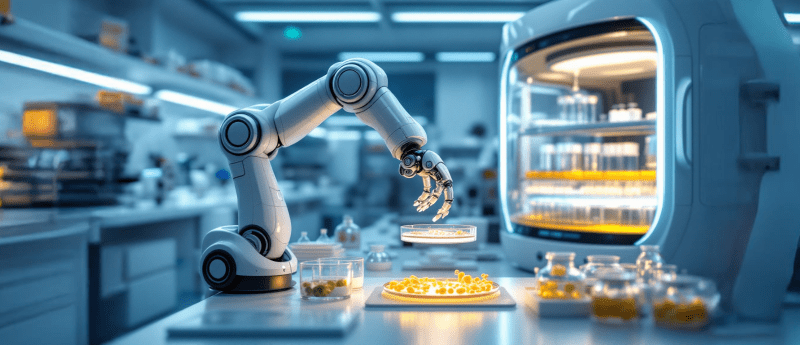Owkin K1.0 Turbigo- Foundations for AGI in Biology?

Owkin, an end-to-end AI-biotech has announced Owkin K1.0 – a proprietary operating system (OS) for discovering new disease biology with the goal to become the first Artificial General Intelligence (AGI) for biology.
At the 2025 JP Morgan Healthcare Conference, Owkin announced Owkin K1.0, which it positions as laying the foundation for AI agents capable of running their own research programs, lab experiments, and drug development pathways.
Though far from this goal, the K1.0 platform integrates advanced AI methodologies, multimodal patient data, and cutting-edge laboratory capabilities to accelerate discoveries in drug development, diagnostics, and beyond.
How it Works
Owkin K1.0 harnesses patient data and samples from Owkin’s federated patient data network and integrates it via state-of-the-art AI, including Foundation and Large Multimodal Models, to deliver actionable insights.
Owkin’s wet lab validates these insights and re-incorporates the new laboratory data into Owkin K1.0 to continually strengthen its models’ performance.
The OS powers downstream tasks such as biomarker, indication, target and population discovery, clinical trial optimization, and development of AI diagnostics. All these tasks are based on biomarkers extracted from newly discovered biology.
Jean-Philippe Vert, Chief Research & Technology Officer of Owkin, said:
With biological challenges growing beyond the reach of human cognition, we need a fresh approach to drug discovery and development. Today, the overall likelihood of a new drug successfully reaching the market is just 6.7%. Owkin’s mission is to dramatically increase the probability of success in bringing promising medicines to market more efficiently, based on a novel understanding of disease biology. We cannot rely solely on AI to accelerate drug discovery before deciphering the “why” of disease onset and treatment response. Owkin K1.0 is the operating system that will drive this transformation.
The Road to Owkin K2.0 and Beyond
Looking ahead, Owkin is working on its next-generation platform, Owkin K2.0. This iteration will integrate AI agents as “copilots” for researchers, capable of automating tasks like data interrogation, molecular design, and experimental optimization. By combining AI-driven insights with laboratory validation, Owkin K2.0 aims to create an autonomous AI-operated robotic lab.
Thomas Clozel, MD, co-founder and CEO of Owkin, said:
Owkin’s goal is to move towards a biological AGI, able to understand biological systems in a way humans have so far been unable to – allowing them to unlock complex biology, like the language of the immune system. We aim for Owkin K to become the reference operating system for biology and for every pharma, biotech, and academic researcher to use our OS to transform their research. In this way, we want to be instrumental in helping break silos and the data wall that has up to now limited biomedical research.